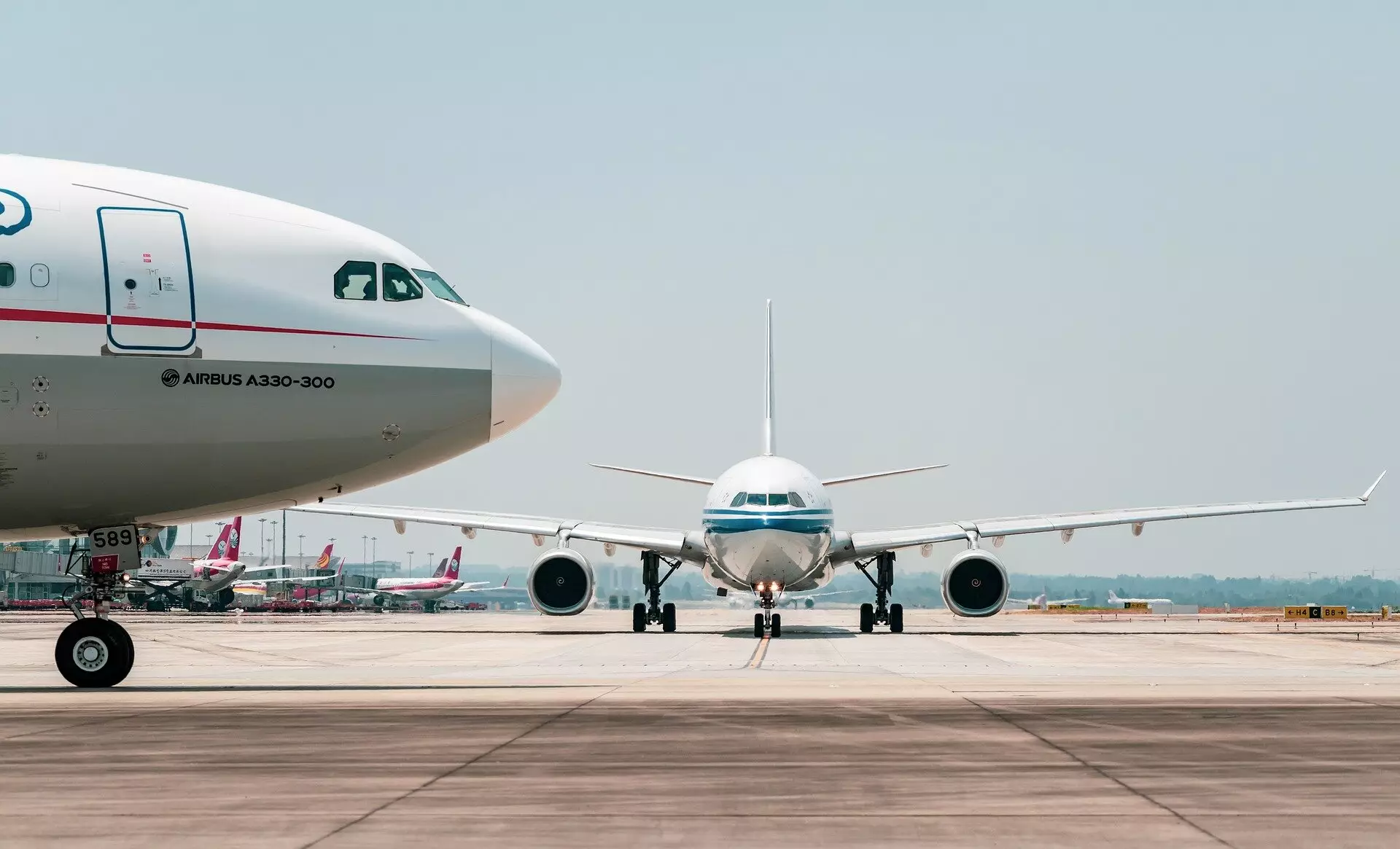The aviation industry is at a critical juncture, grappling with the dual pressures of an expanding global demand for air travel and urgent climate action mandates. A report from Cambridge University titled “Five Years to Chart a New Future for Aviation” outlines a strategy designed to accelerate the sector’s transition toward achieving net-zero climate impact by 2050. While the aviation industry has set ambitious emissions reduction targets, the reality is that it is significantly off track in realizing these goals. The gap between aspirational pledges and actionable strategies must be closed over the next five years, and this report offers a blueprint for doing so.
The report identifies four ambitious yet necessary 2030 Sustainable Aviation Goals, each representing a critical step towards achieving net-zero emissions. The first goal focuses on contrail avoidance technologies, proposing a global deployment system that could mitigate aviation’s climate impact by as much as 40%. This necessitates immediate actions, including large-scale experiments to better understand how contrails form and how they can be managed effectively across whole airspace regions.
The second goal emphasizes the need for systematic policy reforms aimed at unlocking efficiencies across the existing aviation sector. Innovative legislative frameworks could lead to significant reductions in fuel consumption, potentially halving fuel burn by 2050—a target that could be game-changing if approached correctly.
Sustainable Aviation Fuel (SAF) policies represent the third goal. The report advocates for a holistic approach to biomass resources, integrating the limitations of global biomass with the need for increased renewable energy production. This would not only boost confidence in the SAF market but also ensure that such fuels are produced sustainably without depleting vital resources.
Lastly, the report calls for the launch of “moonshot” technology demonstrations. These high-risk but high-reward initiatives are designed to rapidly evaluate the feasibility and scalability of transformative technologies in aviation. These forward-thinking projects could significantly expedite the timeline for innovative solutions, enabling quicker deployment and wider adoption of groundbreaking technologies.
At the heart of this vital research initiative is the Aviation Impact Accelerator (AIA), spearheaded by the University of Cambridge. This endeavor is not just an academic exercise; it actively seeks partnerships with industry leaders and stakeholders. The report outlines how crucial it is for the aviation sector to embrace these goals and respond to the findings presented within it, especially in light of significant global events such as New York Climate Week.
The Whittle Laboratory and the Cambridge Institute for Sustainability Leadership (CISL) play pivotal roles in this initiative, contributing expert insights and practical frameworks that can help aviation stakeholders transition toward more sustainable practices. Both institutions are recognized leaders in their fields and have a track record of fostering partnerships that realize sustainable technological advancements.
While there is widespread enthusiasm for sustainable aviation, the report acknowledges a tendency towards both overly optimistic attitudes and fatalistic views regarding the industry’s environmental impact. As Eliot Whittington from CISL noted, striking a balance between aspiration and realism is vital if the aviation sector hopes to navigate the complexities of achieving net-zero emissions.
The ambitious roadmap set forth in this report provides a realistic pathway, rooted in evidence, for confronting the many challenges that lie ahead. Through collective action, transparent dialogue, and a commitment to innovation, the aviation industry can reclaim its course towards sustainability.
The five-year roadmap articulated in this report paints a compelling picture of where the aviation industry stands today and highlights the urgent actions needed to transition towards a sustainable future. With converging global priorities for climate action and a growing societal expectation for corporate responsibility, the pressure is mounting for the aviation sector to deliver on its promises.
The report serves as both a wakeup call and a guiding light, shedding light on the crucial actions needed to avert environmental catastrophe while enabling commercial growth. It’s time for the aviation industry to take decisive steps, align with technological advancements, and work collaboratively towards a sustainable future where air travel can coexist with environmental stewardship. A commitment to this roadmap could reshape the industry, forging a path where net-zero aviation is not just a goal but a reality.

